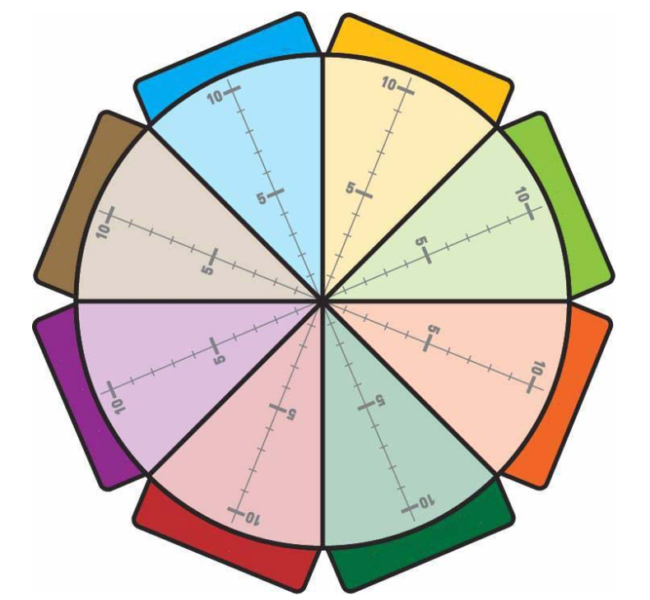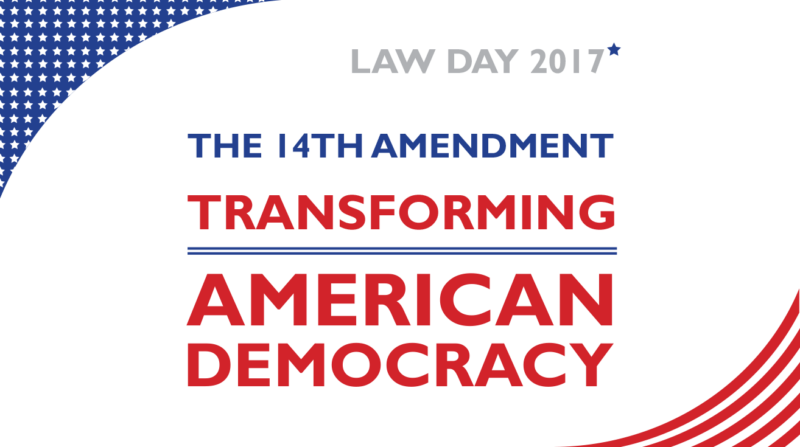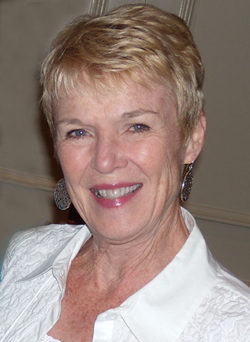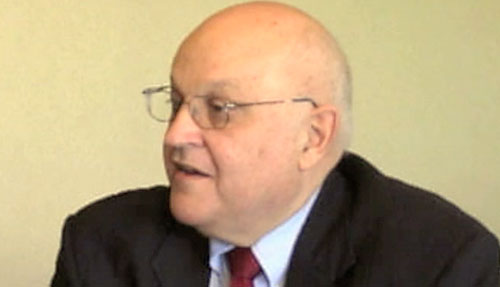Utah Courts Create Academies to Enhance Employees’ Career Advancement
In State Court systems around the country there are many positions that have a definitive career ladder but there are many that don’t. The Utah State courts Education Department has launched academies to help a wide range of employees prepare for advancement. Two academies were designed to prepare non-supervisory and middle-management employees for future higher level management and leadership opportunities. Even in their infancy, these academies have measurably enhanced the academy graduates’ management and leadership skills.






